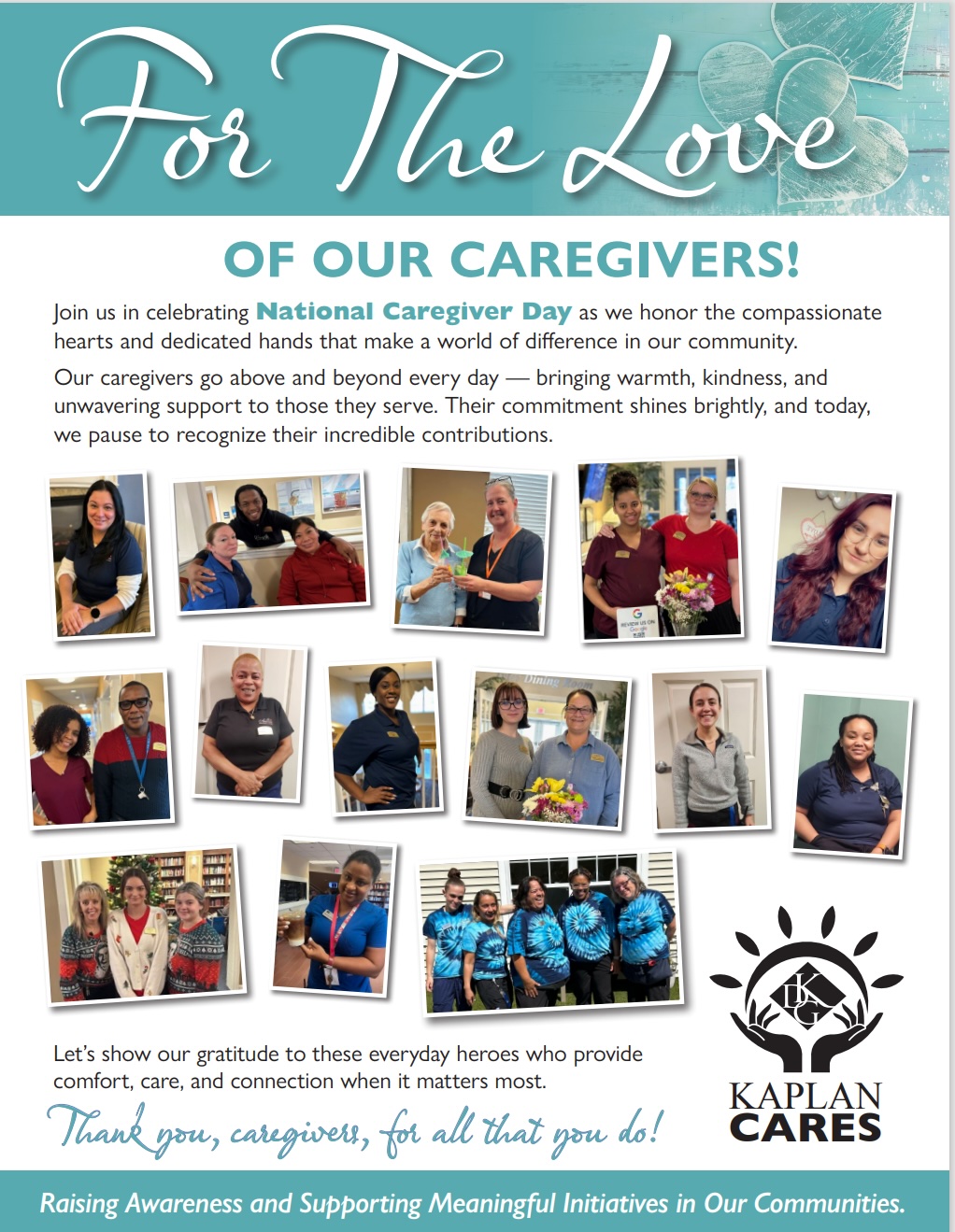Effective communication can be both challenging and rewarding when caring for someone with dementia. When communication methods you’ve relied upon your whole life don’t work, it can be frustrating. Fortunately, the key to talking to someone with dementia is to practice patience, respect, and encouragement.
You can foster a meaningful relationship with someone with dementia by:
- Speaking to them clearly
- Giving them time to understand and respond
- Addressing them directly
- Avoiding common pitfalls
- Using body language to emphasize your words
- Encouraging them to speak.
Why Is Communication Important?
For people with dementia, the ability to communicate their thoughts, needs, and emotions may ebb and flow as the condition progresses. However, maintaining communication is critical as it fosters trust, reduces confusion and frustration, and enhances relationships.
Even when verbal skills diminish, nonverbal communication and emotional expression remain crucial for connecting with loved ones. Caregivers can support a person’s dignity and emotional health by focusing on clear, empathetic interaction.
How Does Dementia Affect Communication?
Dementia impacts communication in multiple ways, such as memory impairments, difficulty finding words, disorganized thought patterns, and the inability to follow conversations or instructions. The degree of difficulty evolves depending on the stage of the condition.
A person with dementia might forget familiar words, substitute words incorrectly, or even struggle with sentence construction. This can lead to frustration not only for the person with dementia but also for those trying to engage with them.
Given these challenges, creating a supportive communication environment and adapting your approach as needed is essential.
How to Approach Communication with People Living with Dementia
When communicating with a person with dementia, remember to:
- Be Patient and Compassionate: Approach every interaction with understanding. Remember, the disease—not the person—is causing communication difficulties.
- Simplify Your Environment: Reduce distractions around you. A quiet, calm environment can help the person focus better and engage in the conversation.
Ways to Communicate with a Person with Dementia
- Approach calmly and clearly: Gently get the person’s attention before speaking. If possible, approach them from the front so they can see you.
- Use simple, clear language. Speak slowly and use short sentences. Avoid jargon, slang, or abstract expressions that they may not understand.
- Stick to one topic at a time: Jumping between topics can confuse them. Keep the focus on one idea before transitioning to the next.
How to Pace Conversations
Allow extra time for the person to process your words and respond. Rushing or finishing their sentences can cause stress and overwhelm the interaction.
Consider Body Language
Body language often says more than words. To reinforce your verbal communication, maintain good eye contact, smile warmly, and use gentle gestures.
Tips for Asking Questions
- Ask one question at a time.
- Use yes/no or multiple-choice questions rather than open-ended ones. For example, instead of asking, “What would you like for lunch?” ask, “Would you like soup or a sandwich?”
- Be specific and direct in your phrasing.
What to Do If the Person Has Difficulty Understanding
If the person seems confused or struggles to understand, stay calm. Repeat the information slowly or rephrase your sentence. For example, instead of saying, “Don’t forget to take your pill,” try, “It’s time for your medication.”
Visual cues can also help. When appropriate, show the item you’re referring to or gently guide them through a task.
Tips for Listening to a Person with Dementia

Supporting the Person to Express Themselves
- Be attentive and show interest in what they’re saying, even if it is unclear.
- If they struggle with words, encourage nonverbal communication. For instance, they might point, gesture, or use facial expressions.
- Avoid interrupting or correcting them mid-sentence. Instead, wait for them to finish and respond kindly.
Verbal & Nonverbal Affirmations
To make them feel heard, nod, smile, and acknowledge what they say. Offer simple reassurances like, “I understand,” or “That’s okay.”
What to Avoid When Talking with Someone Who Has Dementia
Certain behaviors can unintentionally add to the person’s confusion or frustration. Here’s what to steer clear of during conversations:
- Avoid criticism or correction: Don’t argue or point out mistakes in their speech. Instead of correcting inaccuracies, respond to the emotion behind their words.
- Don’t talk about them as if they aren’t there: Always include the person in conversations when they’re present. Excluding them can make them feel disrespected or invisible.
- Avoid overwhelming them with choices: Too many options can be confusing. Simplify decisions by offering at most two or three choices.
- Don’t shout or raise your voice: Raising your voice can be intimidating, even if you’re trying to help with hearing difficulties. Maintain a calm, gentle tone throughout the interaction.
Building Meaningful Interactions
Connecting with someone with dementia involves more than words—building understanding, fostering trust, and creating an environment where they feel valued and supported.
Bentley Assisted Living at Branchville knows that talking with people with dementia may have challenges, but patience, compassion, and these practical strategies can make every interaction more meaningful. Contact us today to see how we can help support you in connecting with your loved one.





